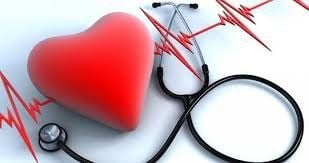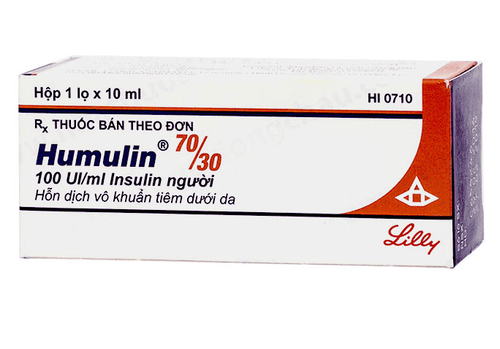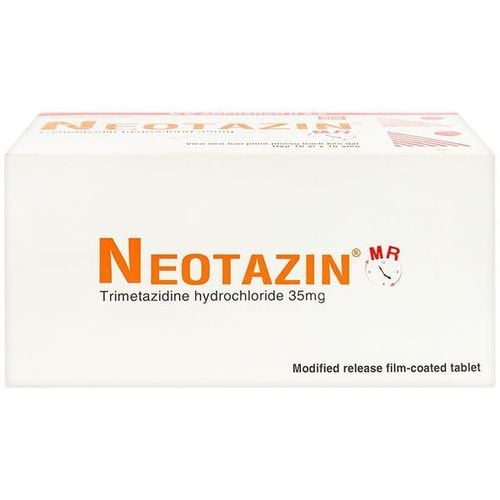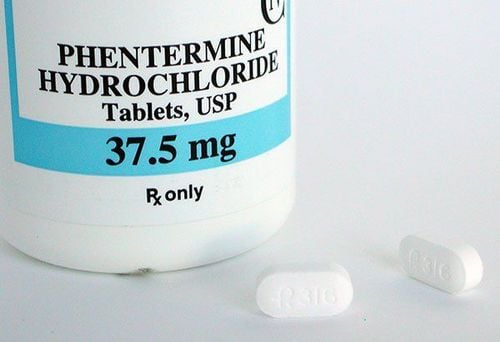This is an automatically translated article.
The article is professionally consulted by Master, Doctor Cao Thanh Tam - Cardiologist - Cardiovascular Center - Vinmec Central Park International General Hospital.Retinal hypertension is damage to the blood vessels of the retina in people with high blood pressure. When blood pressure is too high, the blood vessel walls of the retina thicken, the blood vessels are forced to narrow, restricting blood flow to the retina. If not detected and treated promptly, it will cause retinal edema and damage to the eye.
1. What is hypertensive retinopathy?
Hypertension is a fairly common disease, especially in middle-aged and elderly people. High blood pressure often carries an increased risk of diabetes.High blood pressure hits the artery walls continuously causing the risk of atherosclerosis (hardening of the arteries). High blood pressure that progresses silently for many years if not detected and treated with drugs will cause damage to blood vessels and organs, especially the brain, heart, eyes and kidneys.
Retinal hypertension occurs when the patient's blood pressure is too high, causing the blood vessel walls of the retina to thicken, from which the blood vessels are narrowed, preventing blood from moving to the retina, causing pressure. on the optic nerve, causing vision loss. Acute hypertension often causes reversible vasospasm in the retina. In the case of malignant hypertension, papilledema may occur. If the patient has high blood pressure and diabetes, there is an increased risk of vision loss.

2. Why does high blood pressure damage the eyes?
Hypertension is a major contributor to retinal diseases (eg, retinal artery or vein occlusion, diabetic retinopathy).Patients with long-term or severe hypertension will have changes in blood vessels, after a period of time will be damaged and necrosis of the endothelial tissue. Complications of thickening of the vascular wall, arteriovenous crossing often occur in people with long-standing hypertension.
Grade classification of hypertensive retinopathy:
Grade 1: mildly narrowed retinal artery. Level 2: The retinal artery is narrowed, the spasm is more severe than level 1. Level 3: There are additional symptoms of retinal edema, microaneurysms, retinal hemorrhage. Grade 4: Occurrence of grade 3 symptoms but more severe severity. The patient has swelling of the optic disc called papilledema and macular edema. Patients with grade 4 hypertensive retinopathy have a high risk of stroke and are likely to face heart or kidney disease.

3. Treatment of hypertensive retinopathy
Hypertensive retinopathy is treated by keeping blood pressure stable. In case of vision loss due to hypertension, the doctor may prescribe laser treatment of retinal edema or prescribe intraocular injection of corticosteroids, endothelial growth inhibitors such as ranibizumab, pegaptanib, bevacizumab.Besides, the patient is also advised to apply a few of the following measures to improve the condition of the disease:
Gentle exercise Build a scientific diet, add more fruits, green vegetables, eat light Limit eating fatty foods to control blood pressure well. Do not drink alcohol or stimulants. Do not smoke. Relaxed mind, avoid stress Get enough sleep, avoid staying up late Wear glasses to protect your eyes, limit the use of phones, computers, watching TV,... Take medicine as directed by your doctor. doctor. Go for regular health check-ups, monitor blood pressure daily to avoid unfortunate complications to the eyes caused by high blood pressure. It can be seen that the consequences of hypertension cause eye damage, which is very dangerous, so we need to maintain a healthy lifestyle with an appropriate diet in combination with taking medicine, measuring blood pressure at home as indicated. by your doctor to keep your blood pressure stable.

In addition to hypertension, Vinmec is also an address for examination, screening and treatment of many diseases, including vision-related diseases and retinal complications.
Please dial HOTLINE for more information or register for an appointment HERE. Download MyVinmec app to make appointments faster and to manage your bookings easily.














